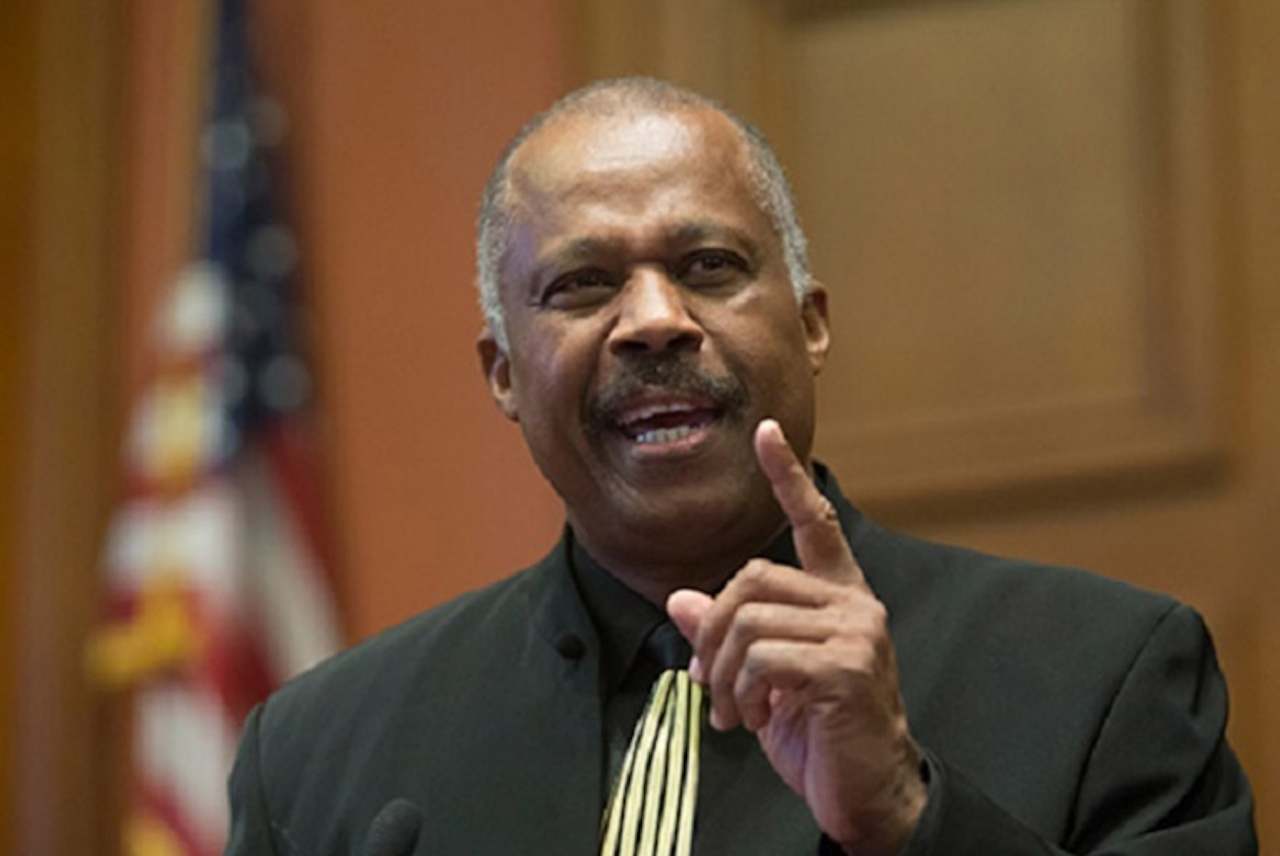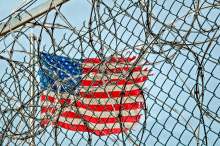A new project from University College London has tracked the beneficiaries of the 1837 Slave Compensation Action, which paid £20 million in ‘compensation’ to slave owners for the abolition of slavery – worth billions in 2020 terms.
It has found that an estimated 10-20% of the UK’s wealth has significant ties to slavery, including that of many UK financial institutions.
Individuals involved in predecessor banks that merged to form Barclays, HSBC, Lloyds Banking Group, and NatWest Group were among those listed as having received compensation for their slave ownership.




